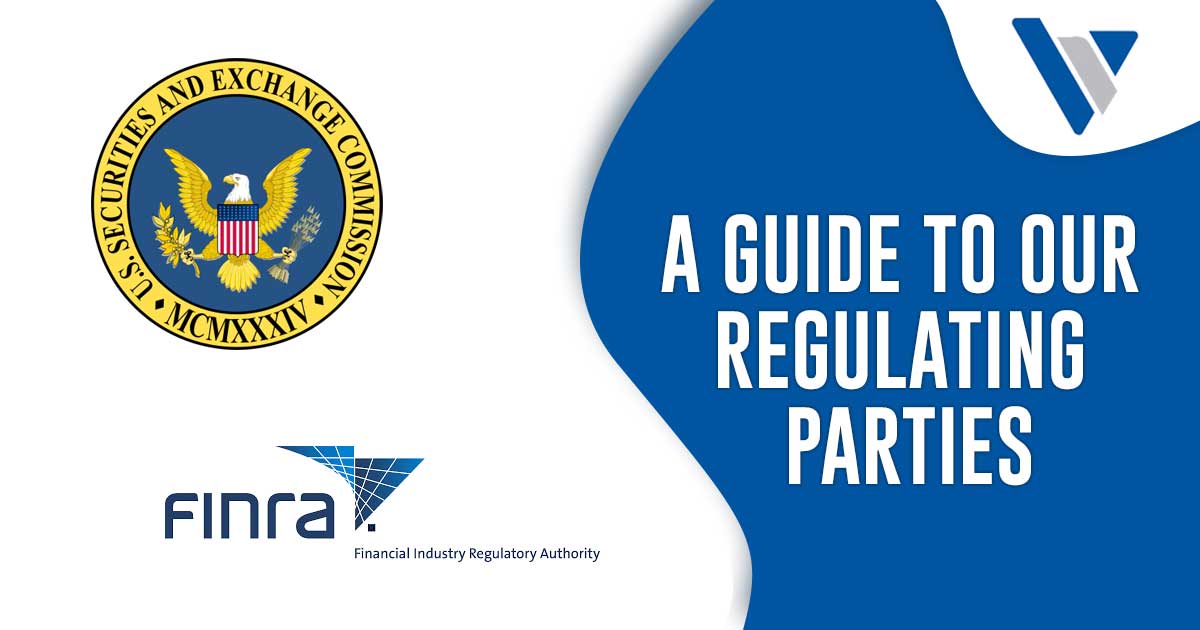I am sharing with you some of the information the Life Insurance Marketing and Research...


Chuck and I set out early in our careers as advisors to put the client first. We didn’t want to answer to shareholders or managers, but rather just you, our client. The best way for us to achieve this goal was to be independent advisors. As an independent, we eliminate many of the conflicts of interests that impact this industry.
As stated above, it means we work for our clients. We are not W2 employees of another firm. We do not have a manager pressuring us to hit compensation goals. We can also choose to work with any independent broker dealer or RIA. We can use the resources we believe are best for our clients.
As an advisor, you can choose to charge by commission or fee. You can also choose to charge fee sometimes and commission other times (not both on the same investment). These two styles are regulated differently, which significantly impact how we serve you. Commission based investments are processed through a broker-dealer. They are regulated by FINRA. If you are a fee-based advisor, you have a fiduciary responsibility to your client, which is regulated by the SEC. It is important to repeat that these are regulated by different federal entities.
We chose to be able to do both commission and fee-based management, although in a high percent of the cases, it is fee based. We wanted to keep the option to be able to charge a commission if it is best for the client. There are times it is in the best interest of the client.
This means we have to have both a broker-dealer for the commission side and either be an RIA or an agent of an RIA for the fee-based side.
As your own RIA, you must get approved by the SEC, have certain level of assets managed and be responsible for your own reporting, compliance and billing. As you can imagine, this can be quite costly. You can also choose to go a different path and be an independent advisory representative (IAR). Basically, this just means a bunch of advisors come together and join an RIA so to share in the cost of reporting, compliance and billing. The RIA answers to the SEC for that group of advisors.
As an independent, we get to choose which broker-dealer we want to work with on the commission side and whether or not we want to be our own RIA or an IAR.
Back in 2014, Chuck, Karen and I moved from VSR Financial Services to LPL Financial Services (LPL) for our broker-dealer needs. Mark Moore joined LPL a few years later, at the same time he joined our organization. LPL also happens to be our largest custodian.
At the same time as we joined LPL, we chose to be an IAR and we also joined Level Four Advisors (Level Four) for our RIA needs. We were still independent but could share in some of the costs.
There are a lot of terms being thrown around in this article but that is due to the interesting way the government has chosen to regulate this industry. I needed to lay the groundwork to build for the future. Changes are coming in regards to the regulating parties we partner with here at Virtus Wealth Management. As soon as I have more answers for you, you will be notified through both mail and email. You could also possibly receive letters and information from various other parties, including but not limited to LPL Financial, Level Four Advisory, and other RIAs.
We are committed to transparency, keeping you informed, and putting your best interests first. We want to be clear that there will not be any changes in the method or strategy of how we help you manage your wealth. We look forward to this next step in our growth and the opportunity to better serve you. Please feel free to call Chuck, Karen, or myself if you have any questions and thank you for trusting us with your wealth.